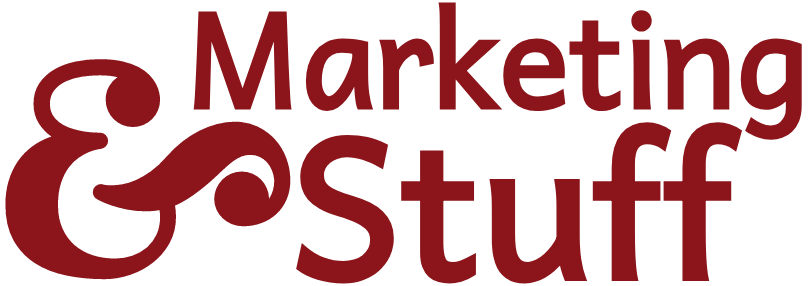There are so many opportunities for promoting products and services that choosing the right mix can be confusing. Considering the opportunity cost is a useful way to focus budget – and effort – effectively.
What is ‘opportunity cost’?
Opportunity Cost is a term often used by economists and is defined as ‘the potential gain lost by the choice to take a different course of action’. In simple terms, it means if you choose A you have to give up B.
For example, you might be planning a holiday and have the choice of a discounted beach holiday in Turkey or to visit relatives in Germany: these are the opportunities. For each opportunity there are costs and benefits. Costs include money, time and effort, while the benefits (in this example) would be the experiences of each holiday. If you decide to pick the beach holiday, then the costs would be the time, effort and money spent getting to and being on holiday and also the experiences you forwent by not visiting your relations.
It seems really obvious: it’s not possible to go to two places on holiday at the same time, however, for some reason when it comes to planning in marketing and business, this often gets overlooked.
This is because in planning or budgeting for marketing the emphasis is placed on the financial cost and expected return for each activity and little thought is given to the ‘hidden’ costs of time, effort and what will not be done because of the choice.
Why overlooking opportunity cost is an issue in marketing planning
There are two reasons why marketers fall in to the trap of overlooking opportunity cost when drawing up marketing plans:
- Not enough time is put into estimating the hidden costs of time and effort. Digital platforms make it appear effortless to create and launch campaigns and there are so many options to choose from that it is tempting to forget about the time and effort that will be needed to create and manage campaigns effectively.
- Confusing the types of cost involved. There are monetary costs, which are concrete and tangible: these are easy to define in terms of budget needed and expected ROI. We’ve already mentioned the cost of time and effort, but there are also the costs of making the choice: the activities that you will not do, and the benefits you’ll miss because of that choice.
Let’s look at another example. If you are considering a PPC campaign, understanding the monetary cost is essential for budgeting. You can set aside £5000 per month for the PPC campaign and make a pretty good estimate of what your expected return should be so you can monitor the performance of the campaign.
You may also be looking at ramping up content for the website so that you can drive more organic traffic, generate more followers on LinkedIn as well as support the sales teams’ efforts with collateral to share with their contacts. You can hire a freelance writer for – say – £1500 a month to write 2-3 articles, which you can then publish and repurpose.
So far so good, except that nothing has been budgeted for the behind the scenes time and effort needed to really make these activities work (not to mention that there are going to be whole host of other supporting activities surrounding product launches, maintaining the CRM, internal communications, events etc etc).
Choosing to do the PPC campaign will have a cost in time needed to pick the keywords, write the ad copy, set up the campaigns and ad groups – and regularly monitor and adjust the ads to ensure they continue to perform well. Even employing an agency to manage the campaign for you will still involve time and effort on your part: the agency will need input from subject experts and – just as with a new employee – you will need to monitor, review and guide the agency’s performance. It takes time for the agency to understand stand your business and you should also take time to understand how the agency works for you.
Using a freelancer to write copy does save time – especially if you or the subject experts find writing difficult. However, it’s still not without hidden costs: topics need choosing, interviews need arranging, often the subject experts will need chasing to review the first drafts. And then there is publishing, repurposing and monitoring – which all takes time and effort to do well.
Although you might have money to cover the financial cost of all activities, you need to be sure you have enough in your time/effort budget to carry each activity through otherwise the money might be wasted.
How to calculate opportunity cost
A common formula to calculate opportunity cost is:
Opportunity cost = benefits of forgone opportunity – benefits of chosen opportunity
It can be hard to calculate for many opportunities because some of the benefits are intangible (eg experiences gained from a holiday) or speculative (estimated ROI on a future activity). Starting with a good understanding of your budget for time and effort as well as financial will help to estimate not only what it’s possible for you to accomplish but also what you might need to forgo to meet key goals.

